SUMMARY
This is AI generated summarization, which may have errors. For context, always refer to the full article.
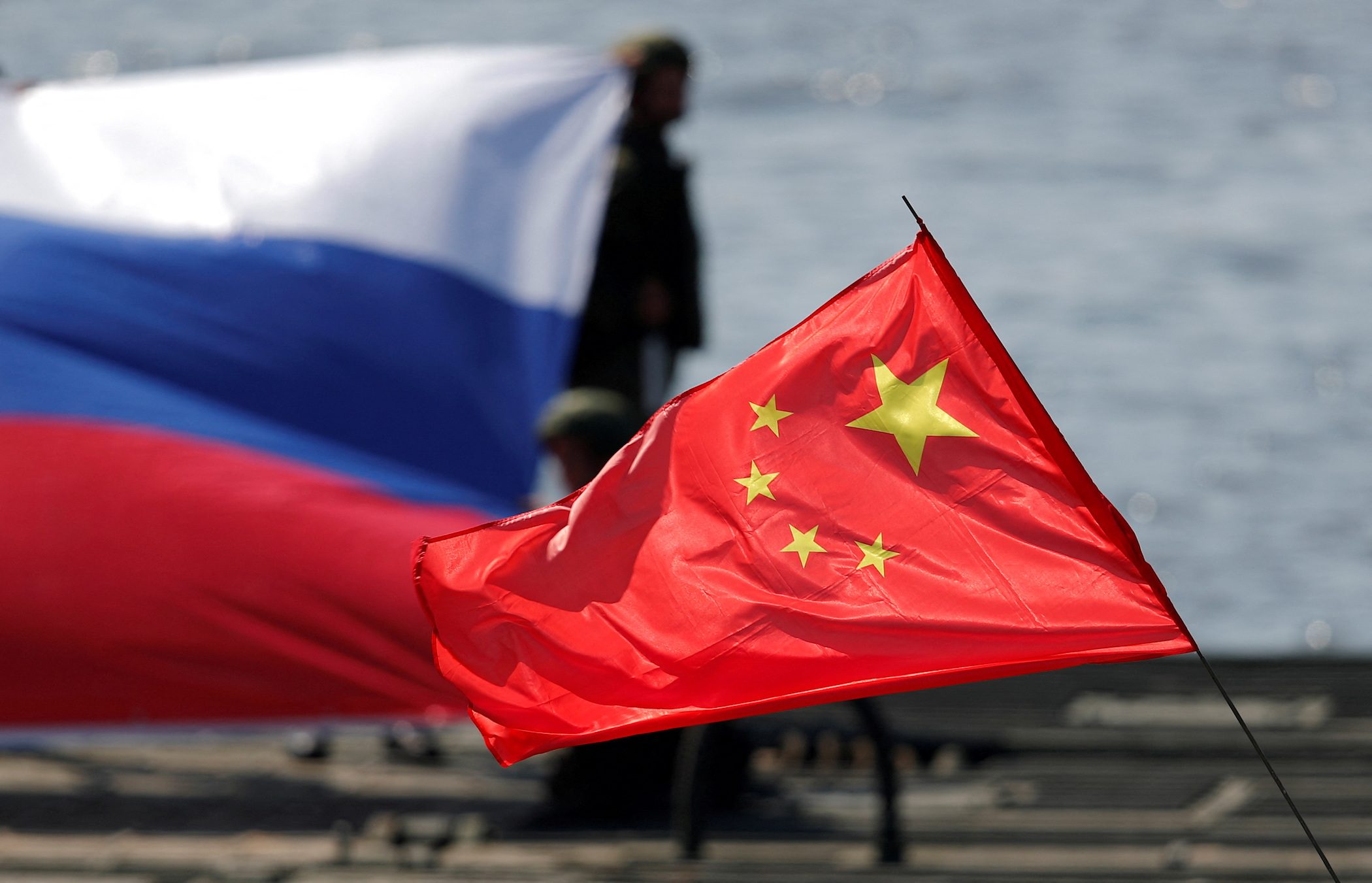
MANILA, Philippines – Global security nonprofit The Soufan Center on its February 23 newsletter discussed how China’s Communist Party (CCP) has deployed disinformation operations in support of Russia’s invasion of Ukraine, while also taking advantage of the opportunity to denigrate their rival, the US, and its European Union allies, especially in the South American and African regions.
The CCP’s efforts to back Russia began as soon as the invasion of Ukraine started, censoring anti-war voices while amplifying Russian conversations online. Narratives include anti-US conspiracy theories including stories originating from the Kremlin about “US secret biolabs” operating in Ukraine. English state-backed media outlets in China such as The Global Times have broadcast propaganda that seek to portray NATO as a war-mongering organization, and the EU as the US’ puppet.
The Soufan Center says that Beijing’s support for Russia continues to be strong, and that will likely reflect in the country’s information operations. “With Chinese support for Russia showing increased strength of late – rather than abating – it seems likely that Beijing will also increase its support for Moscow through disinformation and influence campaigns,” it said.
The nonprofit also said that Beijing isn’t merely supporting Russia for the latter’s benefit. Instead, it is also taking advantage of the opportunity to position itself as an alternative to the US-led world order. For instance, at the Munich Security Conference from February 17 to 19, China’s top diplomat Wang Yi said the President Xi Jingpi will soon be unveiling his peace proposal for the conflict in Ukraine, while insinuating that “some actors,” which the nonprofit interprets as the US, do no want peace for their own goals.
Wang Yi was reported to have proceeded to Moscow afterwards where he reinforced Sino-Russian ties, and called them “rock solid.”
Russia’s narratives have sought to justify its aggression, re-direct blame for atrocities, accuse Ukraine for false flag operations, and undermine support for Ukraine, and for the US and NATO. China, being a rival of the US as well, has spread lies as well for its own political goals. There is also effort to dehumanize Ukrainians and dispute their sovereignty, which The Soufan Center notes “are cause for particular concern, as this tactic has been used historically to preempt or justify genocide.”
Tactics include the use of multiple languages, videos, and images, the impersonation of legitimate news sources to mislead online audiences, known as media spoofing. Meta, for instance, disrupted a network on the platform in September 2022 spoofing European media to spread pro-Russia narratives.
One report by the European External Action Service’s (EESA) Stratcom (Strategic Communications) division found that 60% of Foreign Information Manipulation and Interference (FIMI) activity between October and December 2022 was related to sowing support for Russia’s invasion.
The Soufan Center also reported finding that influence campaigns have been “seemingly effective” in sub-Saharan Africa, based on support for Moscow in several African capitals. Helping Russia’s cause are diplomats in Africa amplifying false narratives on official channels and accounts, and putting the blame on Western sanctions as the cause for the global economy disruption and food crisis.
To combat the tide of Russian and Chinese disinformation, the US and EU are said to be moving fast to “declassify intelligence in attempts to pre-bunk Russian disinformation and defang falsities before they gain traction online.” The EU also announced it will launch a new monitoring and analysis platform called the Information Sharing and Analysis Center, amid what The Soufan Center describes as “limited success” for the US and European Union’s efforts.
“With Putin showing no indication of ceasing hostilities, it will be crucial for the West to continue refining its approach to countering disinformation about the war in Ukraine,” it said. – Rappler.com
Add a comment
How does this make you feel?
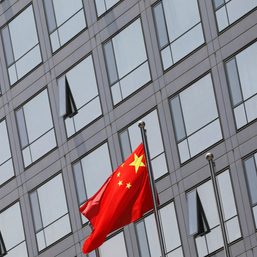
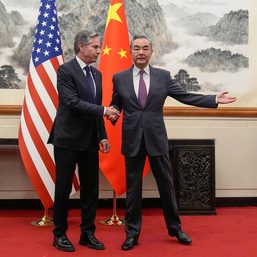
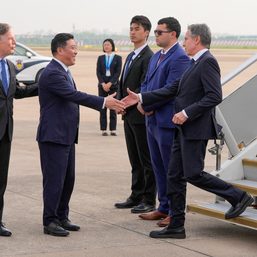

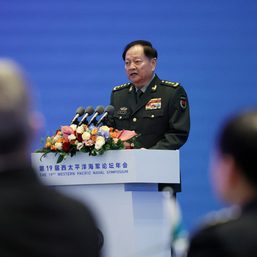
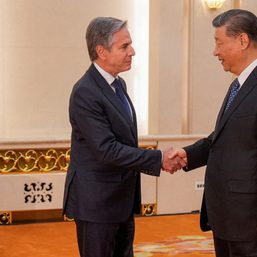
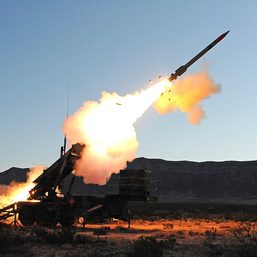
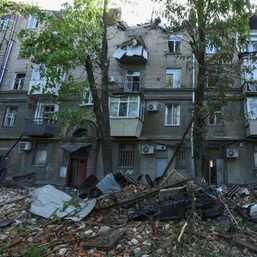
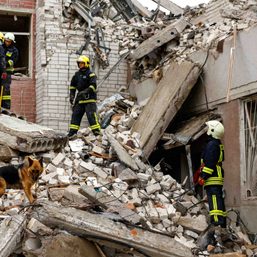

There are no comments yet. Add your comment to start the conversation.